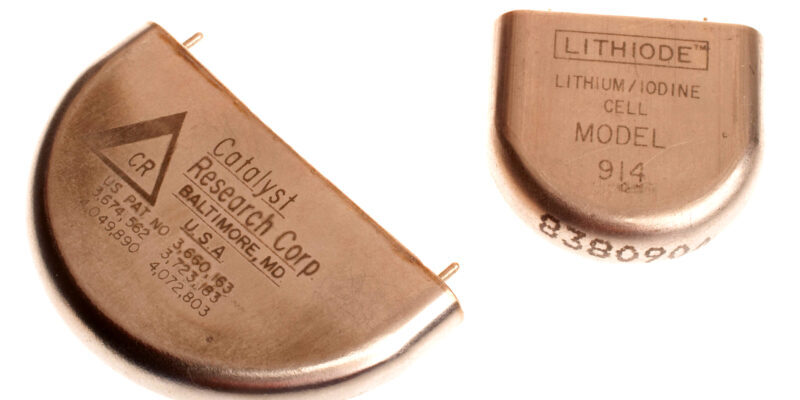The Nobel Prize in Chemistry 2019 was awarded jointly to John B. Goodenough, M. Stanley Whittingham and Akira Yoshino “for the development of lithium-ion batteries.”
This lightweight, rechargeable and powerful battery is now used in everything from mobile phones to laptops and electric vehicles. It can also store significant amounts of energy from solar and wind power, making possible a fossil fuel-free society. Lithium-ion batteries are used globally to power the portable electronics that we use to communicate, work, study, listen to music and search for knowledge. Lithiumion batteries have also enabled the development of long-range electric cars and the storage of energy from renewable sources, such as solar and wind power.
Paved the way for pacemakers
Lithium ion batteries have also paved the way for pacemakers. In 1972 the first lithium-ion battery powered pacemaker is installed in an anonymous patient, setting the standard for improve battery life.

In the 1970s, the CIA shared research it had done on lithium-iodine batteries with the medical community. This same technology is used in heart pacemakers today. Photo: Lithium-Iodine Battery – Flickr – The Central Intelligence Agency
About the Laureates
John B. Goodenough, born 1922 in Jena, Germany. Ph.D. 1952 from the University of Chicago, USA. Virginia H. Cockrell Chair in Engineering at The University of Texas at Austin, USA.
M. Stanley Whittingham, born 1941 in the UK. Ph.D. 1968 from Oxford University, UK. Distinguished Professor at Binghamton University, State University of New York, USA.
Akira Yoshino, born 1948 in Suita, Japan. Ph.D. 2005 from Osaka University, Japan. Honorary Fellow at Asahi Kasei Corporation, Tokyo, Japan and professor at Meijo University, Nagoya, Japan.
Copyright © Nobel Media 2019. Illustration: Niklas Elmehed








